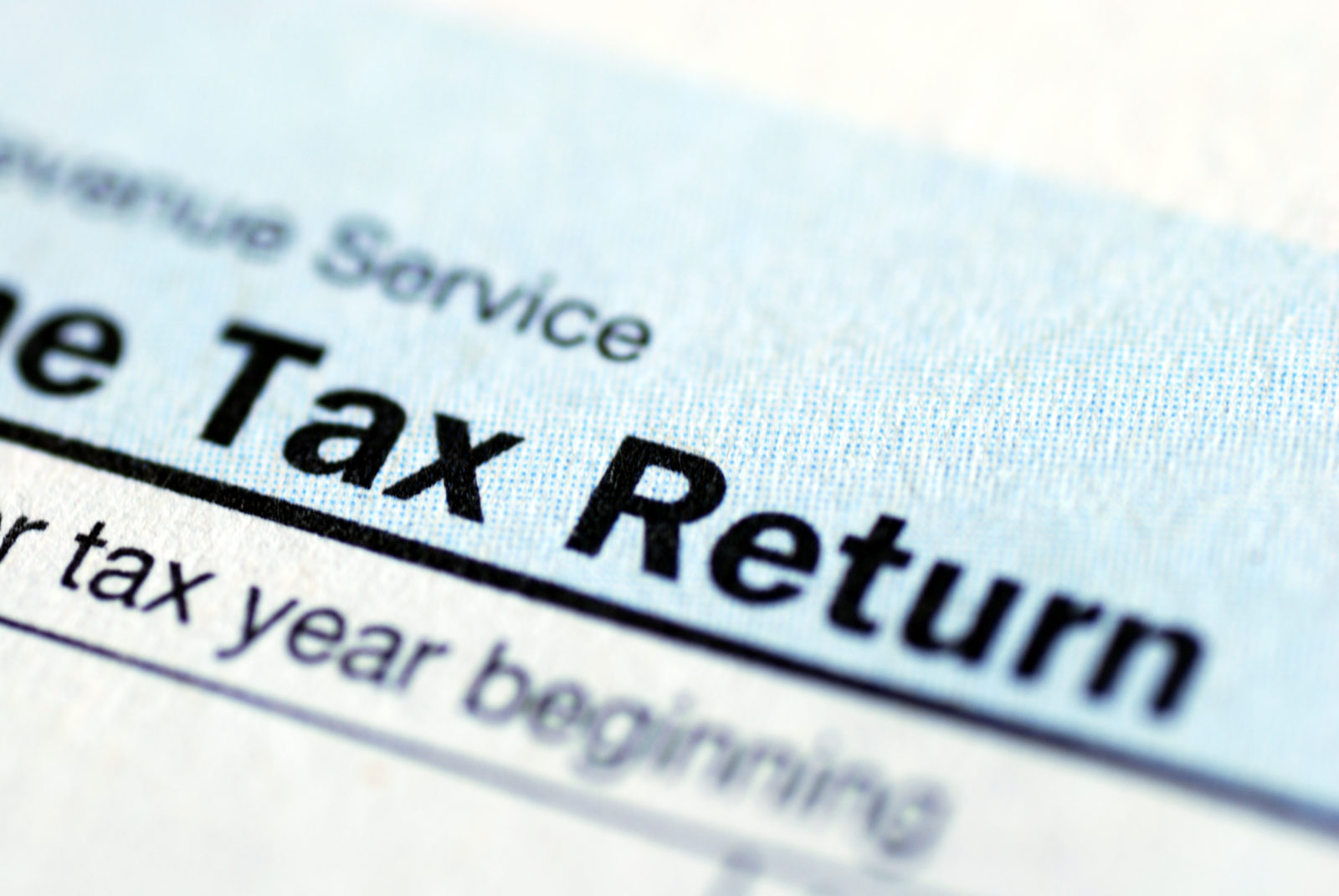Tax Patriots … and Scoundrels
Published in The Washington TimesDuring the past few weeks, some members of Congress have called corporate executives unpatriotic for moving the legal home of their companies to low-tax foreign countries. The implication is that the business people and their tax lawyers are scoundrels, and countries with low tax rates are evil tax havens. But do the charges hold up? If Webster’s dictionary correctly defines a patriot as “a person who loves, supports, and defends his or her country and its interests,” the answer is clearly “no.”
It is not well understood by many in the media that when a U.S. corporation moves its headquarters to a foreign location, it is not “evading” taxes. It still must pay the full U.S. tax on the portion of its income effectively connected to a U.S. trade or business. It just does not pay a U.S. tax on its foreign operations in lower-tax countries. As Judge Learned Hand said:
“Anyone may so arrange his affairs that his taxes shall be as low as possible; he is not bound to choose that pattern which will best pay the Treasury; there is not even a patriotic duty to increase one’s taxes.”
Corporate executives have a responsibility to maximize returns to their shareholders which, in most businesses, means they have to treat their customers and employees well, while engaging in strategies to minimize their tax liabilities. Corporations are only legal entities, thus any tax “paid by a corporation” is, in reality, paid by real people, who may be stockholders, employees, or customers of the corporation.
For decades, economists have debated how much of the corporate tax falls on the shareholders vs. the employees or customers. While there is no consensus, there is increasing evidence that most of the corporate tax is paid by workers in the form of lower wages and by customers in the form of higher prices.
But any way you choose to look at it, an executive who finds legal ways of reducing the corporation’s tax burden is helping our national productivity and security. The executive is providing customers with lower prices, workers with higher pay, and perhaps shareholders with greater returns, which means more retirement security and higher levels of business investment.
Thoughtful and knowledgeable people like Treasury Secretary Paul O’Neill have long recognized that the corporate tax is destructive, not cost-effective, and ought to be abolished. Mr. O’Neill has been attacked for his argument to abolish the corporate tax by economic illiterates and the purveyors of class warfare.
He understands what many in Congress choose to ignore that if a corporation were to arrange its affairs to pay more corporate taxes, all Americans would suffer. However, if the corporate tax were abolished, investors having more dividends and capital gains would pay more taxes, and more workers having higher wages would also pay more taxes on this additional income. The U.S. now has one of the highest corporate tax rates in the world (i.e. 35 percent federal plus an average 5 percent state making it 40 percent), which also is levied on its worldwide income. On average, it is 30 percent higher than its European and Asian competitors, who, for the most part, only pay tax on their local income, putting U.S. companies at a severe disadvantage. The irony is that most countries have been reducing their corporate tax rates because they found that high rates stifled economic growth and made them noncompetitive.
Some of the most dynamic and prosperous economies, such as Ireland, have corporate tax rates that are less than half of ours (16 percent).
It is argued that tax competition between countries impedes the ability of governments to raise taxes and, in fact, pressures governments to lower tax rates. This, in turn, leads to smaller government sectors than the advocates of big government and socialists desire. This is indeed true, and it is good. It is unambiguously true that private companies across the globe achieve on average far higher rates of return on their investments than do governments. (In fact, much government spending has a negative rate of return, which makes its citizens poorer.) Low-tax countries not only do themselves a favor, but also do the world a favor, by forcing governments across the globe to be more efficient and less repressive than they would be in a world without tax competition.
There are those in government, and their sycophants in the press, who consider themselves patriots because they chase runaway tax slaves, misuse the public’s money in the name of doing good, and regulate away our freedoms.
However, a real patriot can be one who does not coerce or deprive his fellow citizens of their liberty while creating more and higher paying jobs, and better and lower cost products for them in short, the business person and entrepreneur.
Among elected officials, Ronald Reagan and Margaret Thatcher were undoubtedly two of the greatest patriots for their respective peoples. They understood that businesses create wealth while government mostly consumes it.
Their policies left the citizens with lower tax rates and less regulation, making them freer, more prosperous, and more secure from foreign enemies.
Those politicians whose policies would do the opposite are not patriots, but scoundrels.
Richard W. Rahn is chairman of Novecon Financial Ltd., a senior fellow of the Discovery Institute, and an adjunct scholar of the Cato Institute.
